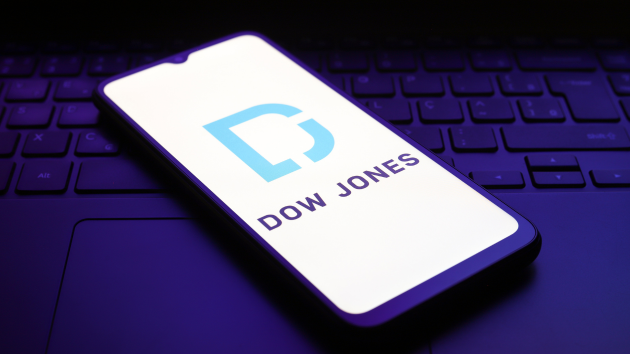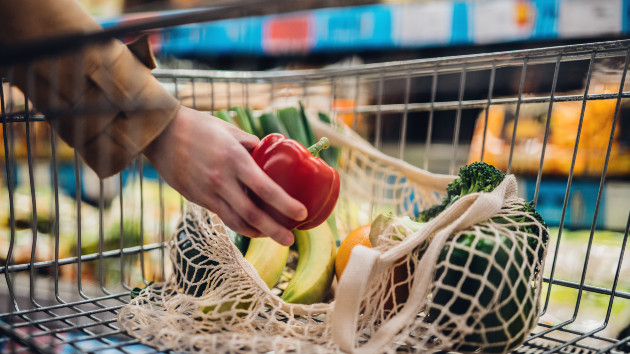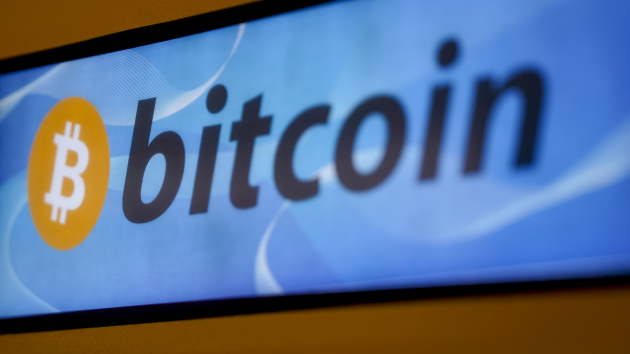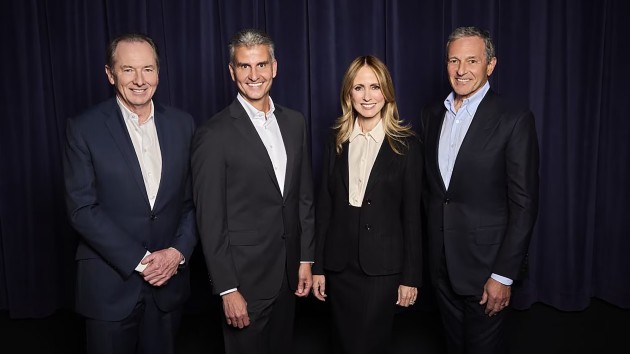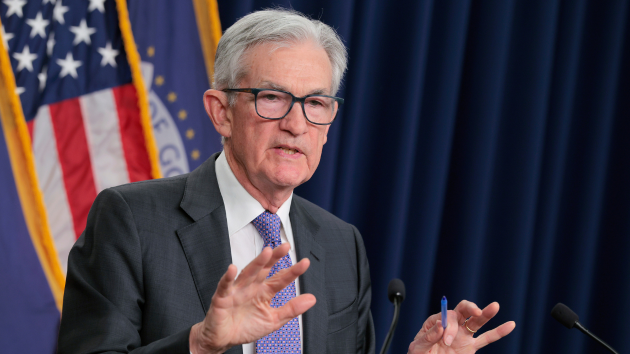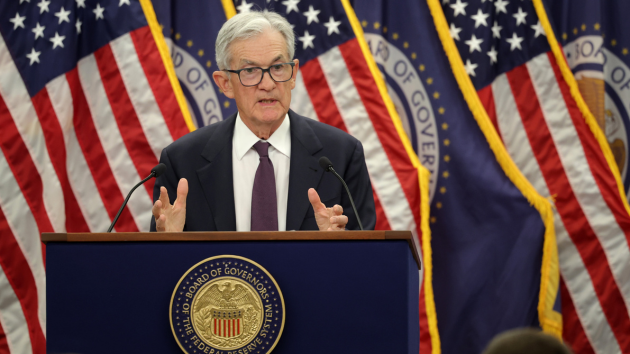
(NEW YORK) — A jobs report to be released on Wednesday will provide a key barometer of the U.S. economy as policymakers grapple with a combination of elevated inflation and sluggish hiring.
The labor market slowed sharply last year, prompting interest rate cuts at the Federal Reserve and concern among some observers about the nation’s economic prospects.
The U.S. added an average of 49,000 jobs each month in 2025, which marked a staggering decline from 168,000 monthly jobs added over the prior year.
Economists expect employers to have hired 55,000 workers in January, amounting to a slight uptick from 50,000 hires in December. Still, the anticipated performance would barely register above the lackluster hiring of a typical month last year.
In a bright spot, however, the unemployment rate remains low by historical standards. Unemployment stood at 4.4% in December, and economists expect that level to have been left unchanged in January.
The U.S. Bureau of Labor Statistics delayed the release of the January data due to a partial government shutdown last week, which helps explain why the jobs report is set to be issued on a Wednesday in the middle of the month, rather than its customary release on the month’s first Friday.
The jobs report will arrive weeks after a series of job cuts that slashed tens of thousands of workers combined at a handful of name-brand companies.
Amazon said last month it planned to cut about 16,000 employees as it seeks to “strengthen” its business by reducing “layers” and “bureaucracy” within its workforce.
A day earlier, UPS announced it plans to cut as many as 30,000 employees this year. Pinterest also unveiled an effort to slash 15% of its staff, according to a securities filing. The company boasts about 4,500 employees worldwide, a securities filing shows.
So far, the cooling labor market has avoided widespread job losses, making the recent flurry of layoffs an outlier, analysts previously told ABC News. The high-profile cuts reflect trends in tech and some other sectors, however, where companies have reversed a pandemic-era hiring blitz and pivoted in response to artificial intelligence.
The Fed slashed interest rates three consecutive times last year in an effort to boost the flagging labor market. In January, the Fed opted to hold interest rates steady, taking a cautious approach due in part to elevated inflation.
The benchmark rate stands at a level between 3.5% and 3.75%. That figure marks a significant drop from a recent peak attained in 2023, but borrowing costs remain well above a 0% rate established at the outset of the COVID-19 pandemic.
Still, Fed Chair Jerome Powell appeared to view the economy in a favorable light, saying it is expanding at a “solid pace” during a Jan. 28 press conference.
“While job gains have remained low, the unemployment rate has shown some signs of stabilization,” Powell added.
Futures markets expect two quarter-point interest rate cuts this year, forecasting the first in June and a second in the fall, according to CME FedWatch Tool, a measure of market sentiment.
Copyright © 2026, ABC Audio. All rights reserved.

